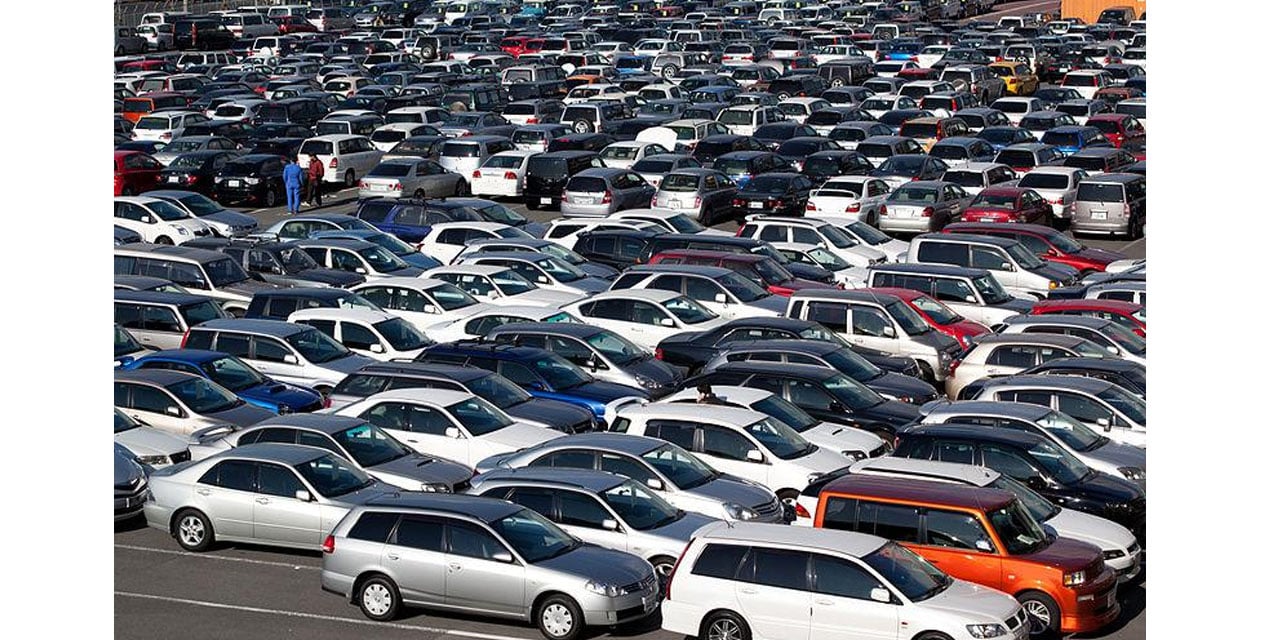Martin Endala
Last month, vehicle sales recorded the highest number of units sold since July 2017, where 1 280 units were sold, compared to 1 226 units in March 2023. Vehicle sales were primarily driven by the usual, with passenger and light commercial vehicles accounting for 94.2 percent of total units sold in March.
However, medium-commercial vehicles recorded the largest annual increase in March, followed by extra-heavy commercial and light commercial.
This is according to Simonis Storm’s recent report, which highlighted that sales have increased by 28.8 percent year to date. The 2023 first quarter has so far been the best-performing first quarter since 2018, with 3,134 units sold, growing by 18.5 percent from 2 645 units in the 2022 fourth quarter.
According to Theo Klein an Economist at Simonis Storm, the wholesale and retail sector increased by six percent year on year in 2022, which is the second consecutive year that the sector has recorded an expansion following four years of economic contractions.
Klein stated that total annual vehicle sales tend to co-move with growth in the wholesale and retail sectors. “We expect vehicle sales to continue trending upward and above levels recorded in the last two years. This is likely to contribute positively to the wholesale and retail sector for 2023”.
Installment and leasing credit for corporates and households have also increased by 11.6 percent year on year and 2.8 percent year on year respectively in February 2023.
Klein presumes that demand from local transport companies is driving corporate installment credit growth in recent months. “In past reports, we have indicated that transport companies are keen to expand their fleet due to more cargo calls being made to Namibia” he added.
This is due to load-shedding being experienced in South Africa, which prevents the port at Durban from operating at full capacity. He, therefore, expects Namibia to continue benefiting from this situation as load-shedding is unlikely to be resolved any time soon.
As a result, demand for commercial vehicles in Namibia can continue to rise. In terms of households, installment credit growth has been relatively flat as cash sales still constitute a meaningful proportion of total units sold.
“It is likely that supply chain issues have normalized in recent months as indicated by some local dealerships we engaged with”, said the Economist.
Improved delivery of new stock from global factories is said to have allowed some dealerships to address significant backlogs that arose in 2022. Klein maintains that this partly explains why vehicle sales in the 2023 first quarter were the largest since the first quarter of 2018. As supply chains continue to normalize, this could be supportive of vehicle sales in the coming months.
In addition, individual investors who hold shares in Namibian Breweries received their special dividend of N$26.35 per share. Based on the shareholder register, there are 1 315 retail investors who will receive a total of N$226.6 million in special dividends that is not subject to dividends tax.
Naturally, these funds must go somewhere and so a portion of this could be spent in the economy, potentially benefiting the property, vehicle and retail sectors in coming months.
Therefore, despite interest rates being high and rising further in 2023, demand for new vehicles has been resilient.
He expects this to continue to keep momentum in place for new vehicle sales, However, he expects the Bank of Namibia to hike the repo rate by 25 basins each in their 19 April and 14 June 2023 meetings. This will imply a repo rate of 7.5 percent by mid-2023.




